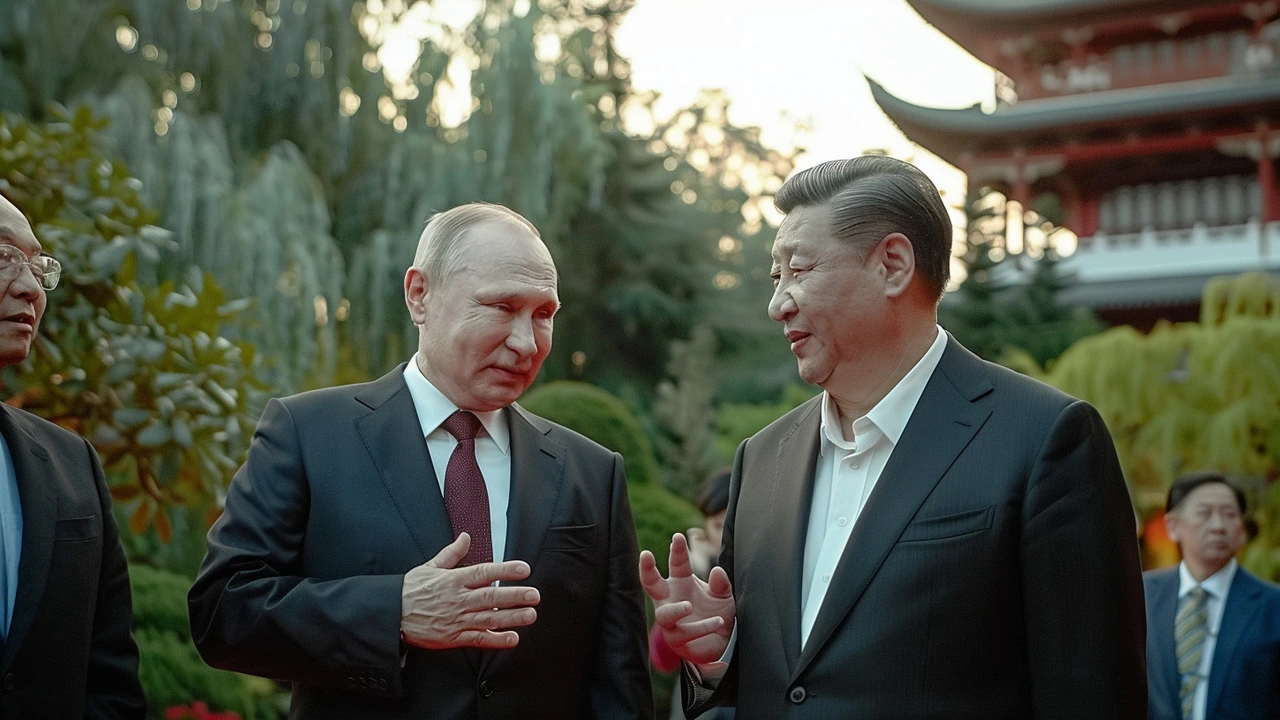Russia-China relations: what the closer ties mean
Why are Russia and China moving closer, and why should you care? Their partnership matters because it changes trade flows, security choices, and political alignments across the world — including in Africa. This page breaks down the big moves, what to watch next, and practical effects on businesses, governments, and everyday people.
Where the ties are strongest
Trade and energy are the backbone. Russia sells oil, gas and raw materials to China, while China sends manufactured goods, electronics and investment back. That trade helped both countries soften the blow of Western sanctions on Russia and provided China with steady energy supplies. On top of that, China banks and companies have increased deals in Russia — from pipelines to trains — often using alternative finance channels.
Security ties have grown too. Joint military exercises, intelligence sharing, and closer diplomatic coordination at forums like BRICS and the UN are now routine. They don’t have a formal military alliance like NATO, but their moves show growing trust and the ability to act together on global issues.
What this means for Africa and the world
For African countries, this partnership is a practical reality. China continues big infrastructure projects and trade, while Russia offers military hardware, training, and political support. That gives African governments options beyond Western partners — useful for bargaining but also risky if deals come with debt traps or opaque terms.
Look for a few clear effects: energy deals may shift regional supply chains; arms sales could change local security balances; and combined diplomatic pressure at international bodies can influence votes on sanctions, resource governance, and peacekeeping. Businesses should watch changes in shipping routes, sanctions workarounds, and new investment funds tied to BRICS partners.
So what should you watch next? Keep an eye on four things: (1) big infrastructure financing announcements from Chinese banks that mention Russian partners; (2) new energy or commodity contracts linking Russian suppliers to Asian markets; (3) joint military drills near key waterways; (4) BRICS decisions on currency, trade, or development banks that could alter financing options for African projects.
If you work in trade, security, or government, be practical: vet partners carefully, model how alternative payment systems or sanctions risks affect contracts, and track who funds projects on the ground. Citizens should ask for transparent deal terms and independent audits when governments sign long-term infrastructure or military agreements.
Russia and China aren’t identical in goals. China wants stable supply chains and markets; Russia needs markets and political backing. That difference will shape how deep the partnership goes. Expect cooperation where interests align, and quiet friction when they don’t — but overall, their closer ties will keep changing the global playing field for years.

Putin's Visit to 'Little Moscow' in China Highlights Strengthening Sino-Russian Ties Amid Geopolitical Challenges
Keabetswe Monyake May 17 19Russian President Vladimir Putin's visit to Harbin, dubbed 'Little Moscow', underscores Russia and China's strengthening economic and strategic partnership. Attending key forums and meeting Xi Jinping, Putin's trip aims to fortify ties amid Western geopolitical pressures.
More Detail